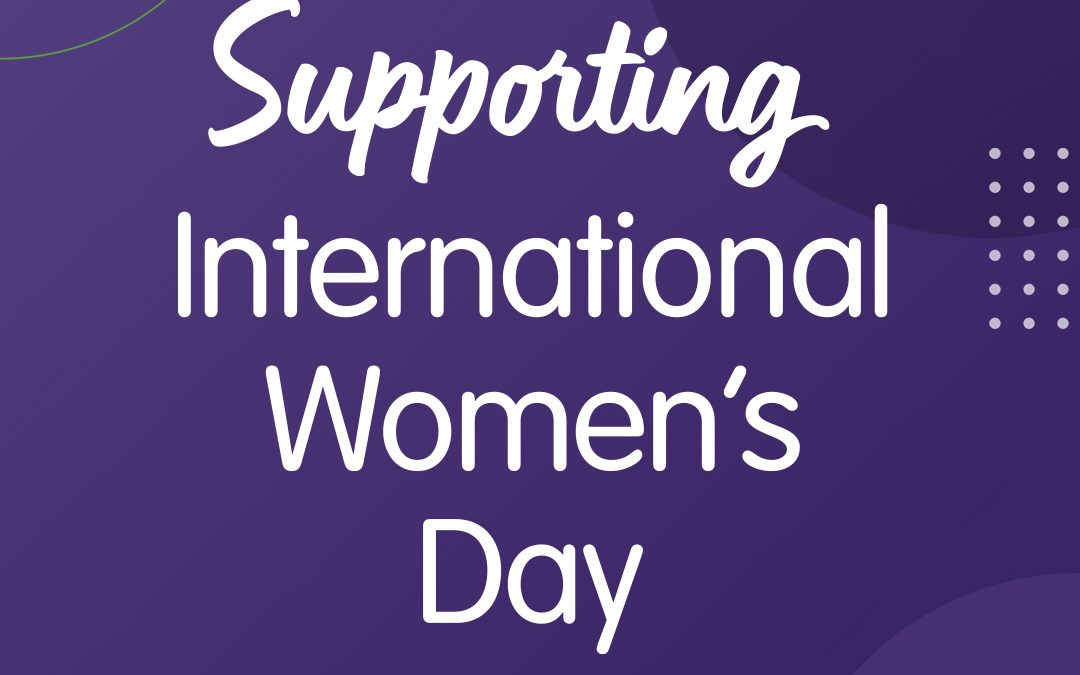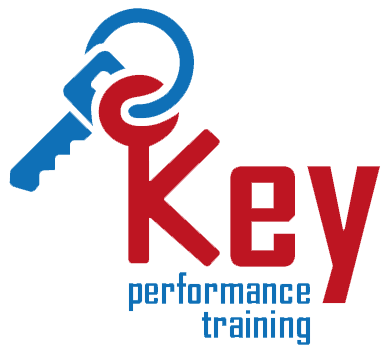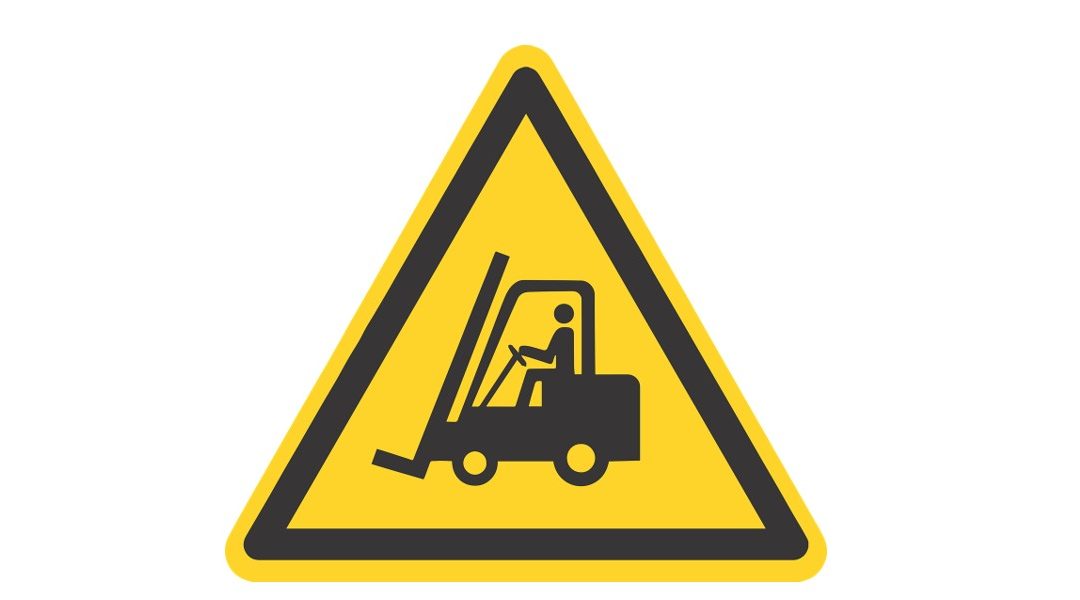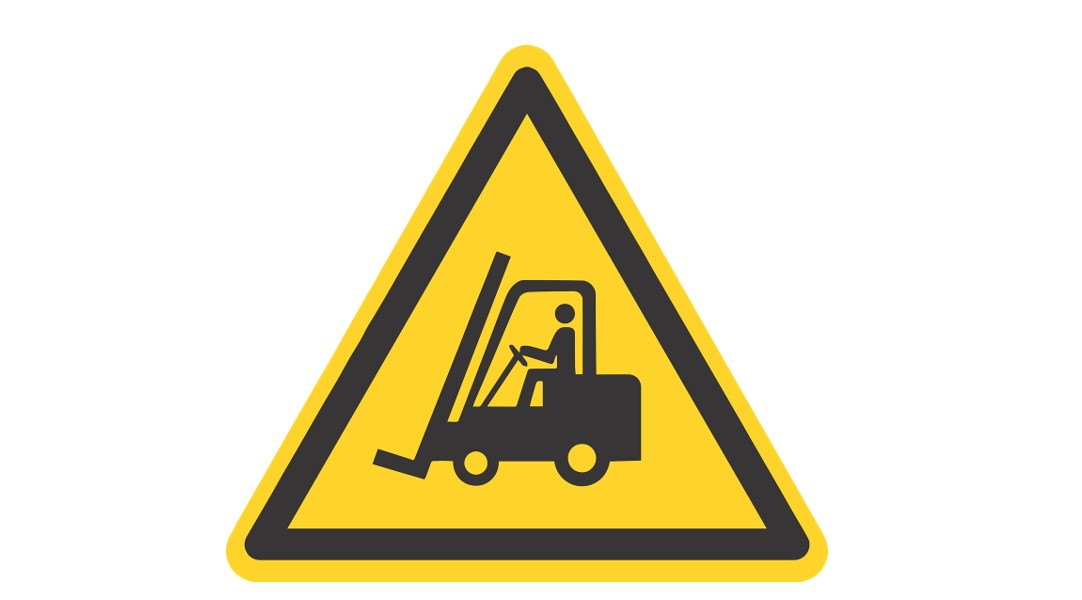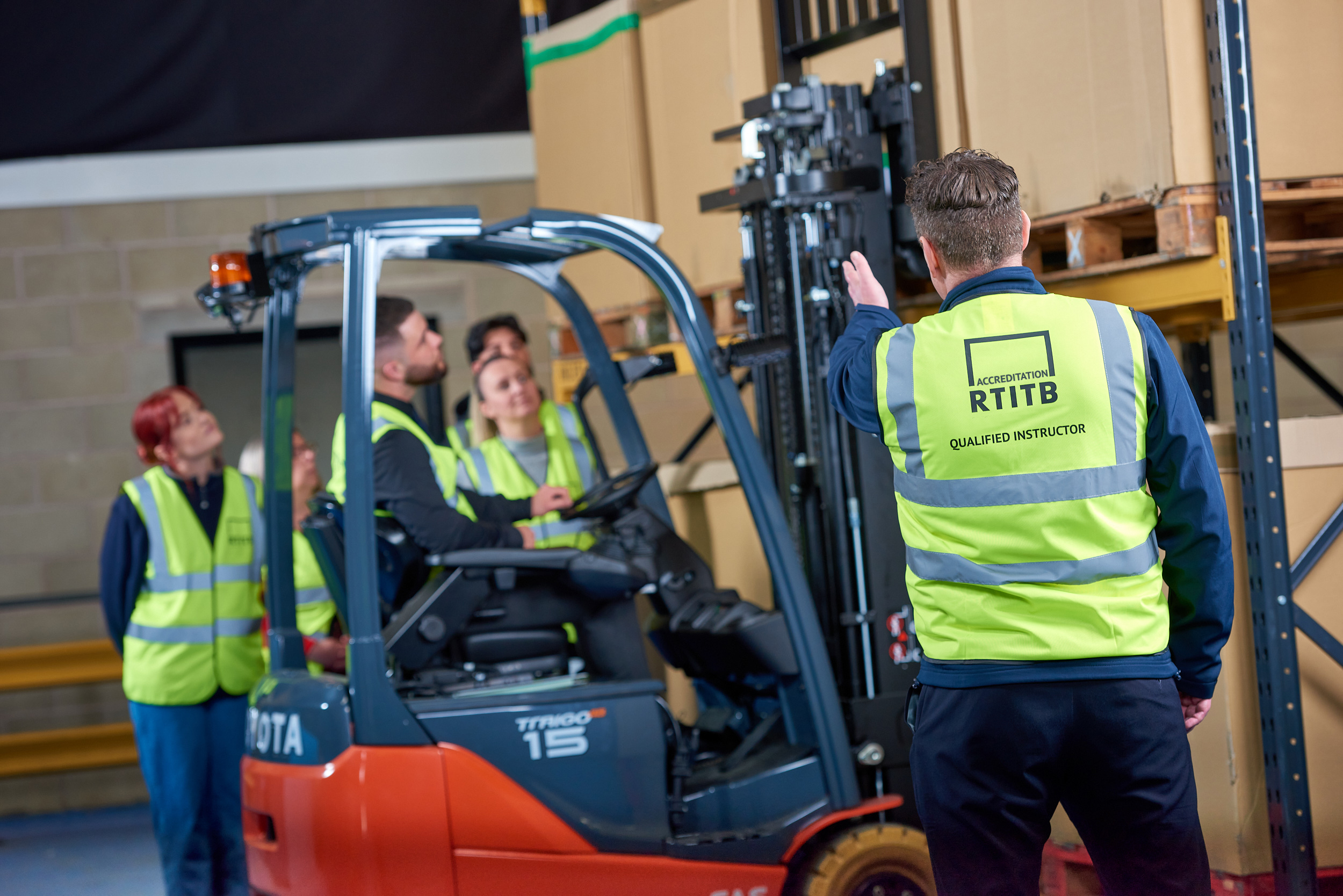Why do lift truck collisions happen?
In many instances, lift truck collisions are caused through operator behaviour. Collisions with structures may happen because:
- The operator has used excessive speed in confined manoeuvring areas,
- The operator has not looked in the direction of travel,
- They failed to observe the external point of the truck,
- When riding the footbrake, they may lose control of the truck,
- Using hydraulics while on the move, their concentration may be drawn away from operation.
All of these scenarios could easily lead to a collision with racking, structures, or more devastatingly, with pedestrians.
However, collisions with pedestrians may also occur due to other reasons. Some commons reasons include:
- The operator has failed to check all round before moving off from a static position,
- The operator has failed to check all around when changing direction,
- The operator has failed to use appropriate warning devices, such as warning horns,
- The operator has failed to use due care and attention at blind corners,
- The load is obscuring the operator’s view,
- The operator selecting the incorrect direction to manoeuvre.
However, it is not only the responsibility of the operator. Supervisors play a part in ensuring safe and correct operation is taking place. Companies must also establish the correct safety systems and processes. For example, signage, markings, and walkways in warehouse spaces must be visible and understood by all staff operating in that space.
Moreover, companies have a responsibility to ensure their workforce is correctly trained. In fact, operator training is arguably the most crucial way to prevent lift truck collisions.
How training can help avoid lift truck incidents
Operators should be equipped with the correct knowledge and skills for operating the type of lift truck they use. This helps reduce the risk of an incident occurring. This is one area where choosing Key Performance Training, an RTITB Accredited training partner can you’re your operations deliver high quality training.
We have access to exceptional operator training materials. This enables us to deliver standardised training across your workforce, thereby supporting operation-wide risk reduction. RTITB training materials are also compliant with relevant guidance and legislation. They help your company prove it has done what is required in regard to training if there is an incident investigation.
In the past, some companies have chosen to issue ‘in-house’ training certificates to operators. This is to prevent employees taking their training to secure a position at other companies. However, this means the operator certificates do not have the backing of RTITB Accreditation.
But you don’t have to take this risk. We can choose to issue operator certificates restricted for use exclusively within your company or site. These non-transferable certificates have the protection of RTITB Accreditation. Companies can also choose to issue nationally transferable certificates if they prefer too.
What’s more, we give companies more options around training. For example, an eLearning platform for novice and refresher training. This can be used with both lift truck and reach truck operators. It is designed to make theory training delivery more time and cost efficient. But beyond that, it has been developed to be more engaging. As a result, it has a bigger impact on operator behaviour. This then helps prevent lift truck collision risk factors.
For more information on our accredited courses, please click Here
Instructors play a part in operational safety
To be an RTITB Accredited Partner, we have to demonstrate the use of correctly trained Instructors. The quality of your operators is reflected in the quality of the Instructor who trained them.
The Accreditation criteria ensures that we meet certain standards around training, safety, and compliance. Regular audits then ensure these criteria are upheld, and we’re proud to have met these standards every year since we started in 2018.
If you’d like to book some high-quality, accredited training, then please contact us today.
